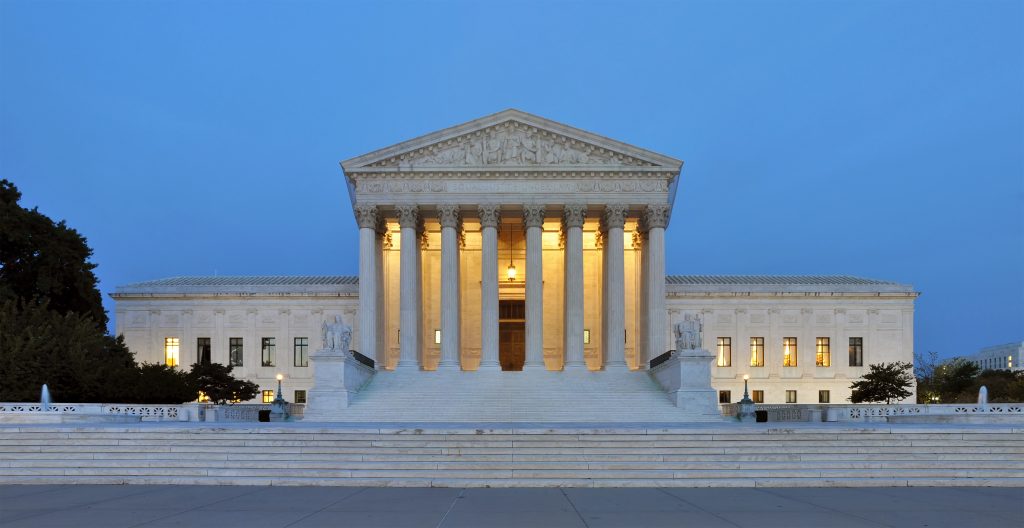Recent US Supreme Court decisions and the cases they will soon decide on
There was a commission by the executive branch to conduct a study on how the U.S. Supreme Court could be changed, but there were no recommendations made, according to a Washington Post reporter.

U.S. Supreme Court building
Perceptions of the U.S. Supreme Court are changing. Once considered a bipartisan body of justices, it is now thought of as something different.
Almost half of all Americans now say the Supreme Court leans conservative, which is a 20% increase over the last two years, according to the Pew Research Center.
The Dobbs decision to overturn Roe likely had the biggest impact on these perceptions. But it wasn’t the only important ruling that occurred this past summer, as cases involving gun control and religious freedom were also decided on.
With court back in session and Justice Ketanji Brown Jackson now sitting on the bench, there are a lot of questions about how the court will proceed and how Americans will interpret the institution.
“I don’t see any reason to think that the justices will slow down this march to the right with more conservative opinions.” — Anne Marimow, reporter
Listen: How the US Supreme Court is changing and how people are viewing it.
Guest
Anne Marimow is the legal affairs reporter for the Washington Post. She says the U.S. Supreme Court will continue to lurch to the political right, even with the addition of Justice Ketanji Brown Jackson.
“You have one liberal justice leaving and another taking his place,” says Marimow. “So, I don’t see any reason to think that the justices will slow down this march to the right with more conservative opinions.”
Thomas Wolf is the deputy director with the Brennan Center’s Democracy Program. He says the court will start hearing arguments on an Alabama voting rights case.
Wolf adds that proving a violation of the Voting Rights Act is hard.
“You need to show that you have a community that is large enough,” says Wolf, “that votes together enough, that other communities vote against — so you can’t get enough cross over votes from other communities, or communities (that) are really distinct.”
Trusted, accurate, up-to-date.
WDET strives to make our journalism accessible to everyone. As a public media institution, we maintain our journalistic integrity through independent support from readers like you. If you value WDET as your source of news, music and conversation, please make a gift today.
